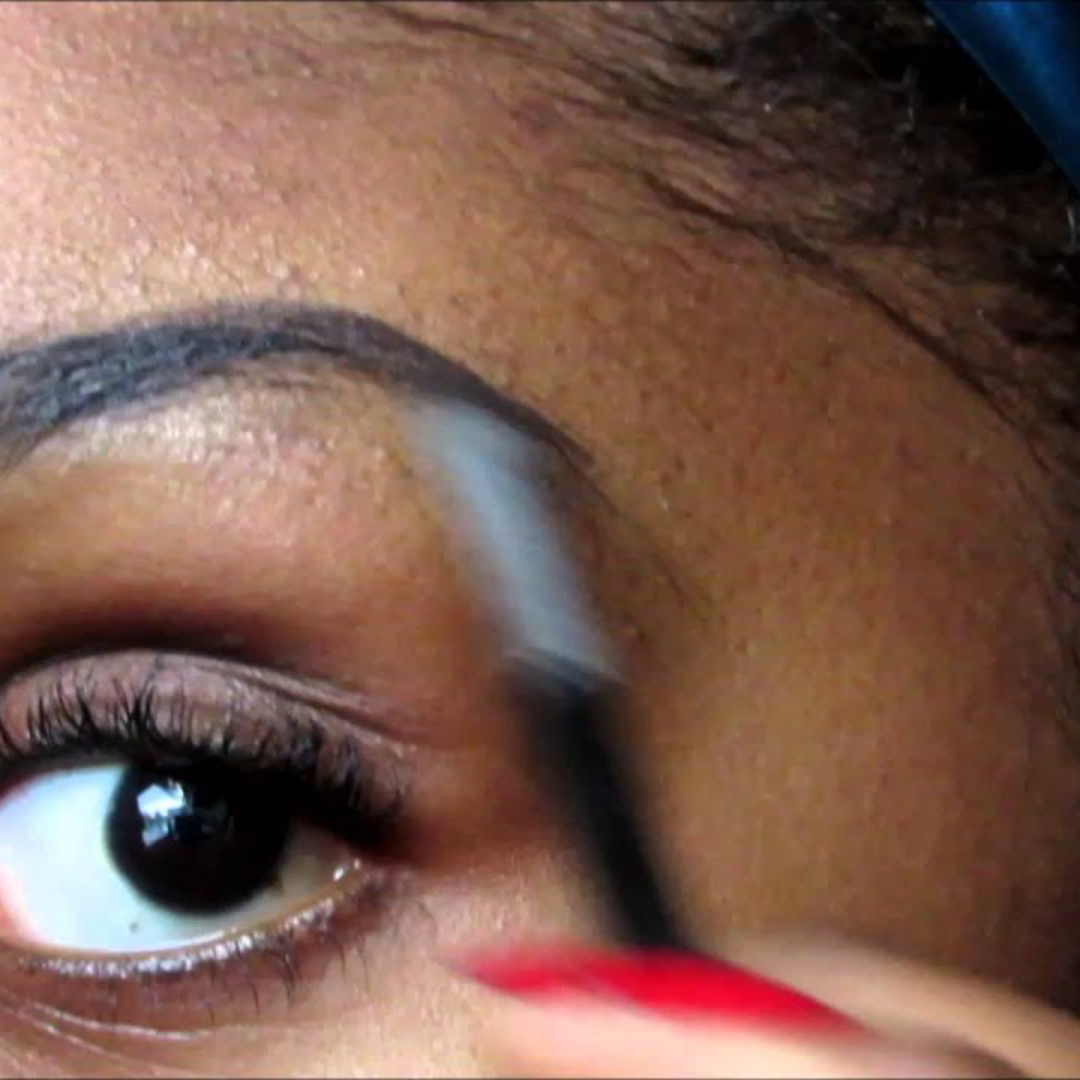Have you ever received a genuine compliment that made your day? Or have you ever given a sincere compliment that brightened someone else’s mood? If so, you know the power of positive words and how they can make a difference in people’s lives.
That’s why there is a special day dedicated to celebrating and sharing compliments: World Compliment Day. This day is observed every year on March 1st, and it aims to create the most positive day in the world by expressing appreciation and admiration to the people around us.
In this blog post, we will explain what World Compliment Day is, why it is important, and how you can celebrate it with your friends, family, coworkers, or even strangers. We will also answer some frequently asked questions about this day and provide some tips and examples on how to give effective compliments.
What is World Compliment Day?
World Compliment Day is a global initiative that started in the Netherlands in 2001 as a national event. The founder, Hans Poortvliet, a recognition professional, wanted to create a day that would focus on verbal praise and appreciation, rather than material gifts or rewards. He believed that a sincere and personal compliment could have a huge impact on someone’s self-esteem, happiness, and performance.
After the success of the national event, Poortvliet decided to expand it to a worldwide celebration in 2004, with the goal of making it the most positive day in the world. He encouraged people to pay at least three genuine compliments to the people in their environment or social network on March 1st, and to spread the word about the day through social media, websites, and other channels.
The idea behind World Compliment Day is simple: to make people feel valued and appreciated for who they are and what they do, and to create a positive atmosphere of kindness and gratitude. As Poortvliet said, “Nothing stimulates more, gives more energy, makes people happier and, as far as business is concerned increases productivity and commitment faster than sincere appreciation. So why not use it a little bit more?”
Why is World Compliment Day important?
World Compliment Day is important because it reminds us of the benefits of giving and receiving compliments, both for ourselves and for others. Compliments are one of the ways we can show respect, admiration, support, and encouragement to the people we interact with. They can also help us to build trust, rapport, and relationships with others.
Some of the benefits of giving and receiving compliments are:
- They boost our self-confidence and self-esteem. When someone compliments us on our appearance, skills, achievements, or personality, we feel good about ourselves and our abilities. We also feel more motivated to keep improving and to pursue our goals.
- They improve our mood and mental health. When someone compliments us, we experience positive emotions such as happiness, joy, gratitude, and pride. These emotions can reduce stress, anxiety, and depression, and increase our well-being and satisfaction with life.
- They enhance our performance and productivity. When someone compliments us on our work, we feel recognized and valued for our efforts and contributions. We also feel more engaged, inspired, and creative in our tasks. We may also be more willing to take on new challenges and to learn from feedback.
- They strengthen our social bonds and communication. When we compliment someone, we show them that we notice, appreciate, and care about them. We also express our interest and curiosity in their lives. This can make them feel closer and more connected to us, and to reciprocate our kindness. It can also open up more conversations and opportunities for collaboration.
How to celebrate World Compliment Day?
Celebrating World Compliment Day is easy and fun. All you need is a positive attitude and a willingness to share your thoughts and feelings with others. Here are some ideas on how you can celebrate this day with different groups of people:
- With your friends and family: You can send them a text, a call, a card, or a video message, telling them how much you love and appreciate them. You can also compliment them on their appearance, their talents, their hobbies, their achievements, or their personality. You can also spend some quality time with them, doing something they enjoy, and giving them more compliments along the way.
- With your coworkers and boss: You can write them an email, a note, or a thank-you card, telling them how much you respect and admire them. You can also compliment them on their work, their skills, their leadership, their creativity, or their teamwork. You can also offer them some help, some feedback, or some recognition for their work.
- With your customers and clients: You can send them a survey, a testimonial, or a review, telling them how much you value and appreciate their business. You can also compliment them on their choices, their preferences, their feedback, or their loyalty. You can also offer them some discounts, some freebies, or some referrals for their business.
- With strangers and acquaintances: You can smile, greet, or start a conversation with them, telling them something nice about them. You can also compliment them on their outfit, their accessories, their hairstyle, or their smile. You can also offer them some help, some advice, or some compliments for their day.
FAQs about World Compliment Day
Here are some of the most frequently asked questions about World Compliment Day, and their answers:
- Q: How do I give a good compliment?
- A: A good compliment is sincere, specific, and timely. It should be based on your honest observation and opinion, and not on flattery or manipulation. It should also be focused on something that the person has control over, such as their actions, behaviors, or choices, rather than something that they have no control over, such as their looks, their genes, or their luck. It should also be given as soon as possible, when the person can appreciate it and remember it.
- Q: How do I receive a compliment gracefully?
- A: The best way to receive a compliment is to simply say “thank you” and smile. You don’t need to deny, deflect, or downplay the compliment, as that may seem rude or insecure. You also don’t need to return the compliment immediately, as that may seem insincere or obligatory. You can just accept the compliment and enjoy the moment.
- Q: How do I avoid giving or receiving inappropriate or offensive compliments?
- A: To avoid giving or receiving inappropriate or offensive compliments, you should be mindful of the context, the culture, and the person. You should avoid giving compliments that are too personal, too intimate, too sexual, or too stereotypical, as they may make the person uncomfortable or angry. You should also avoid giving compliments that are too generic, too vague, or too exaggerated, as they may make the person doubt your sincerity or your credibility. You should also be aware of the norms and expectations of the situation, the environment, and the relationship, and adjust your compliments accordingly.
- Q: How do I deal with compliments that are negative or backhanded?
- A: Sometimes, people may give compliments that are actually insults or criticisms in disguise, such as “You look great, for your age” or “You’re so smart, for a girl”. These are called negative or backhanded compliments, and they are usually meant to hurt, humiliate, or undermine the person. To deal with these compliments, you can either ignore them, confront them, or humor them. You can choose to ignore them and not let them affect you, or you can choose to confront them and call them out on their rudeness or ignorance. You can also choose to humor them and respond with sarcasm or irony, such as “Thank you, for your honesty” or “You’re so kind, for a jerk”.
Tips and examples for giving compliments
To help you get started with giving compliments, here are some tips and examples for different categories of compliments:
- Appearance: Compliment something that the person has chosen or done, such as their clothes, their accessories, their makeup, or their hairstyle. For example, “I love your dress, it’s so colorful and stylish” or “Your hair looks amazing, did you do something different?”
- Skills: Compliment something that the person has learned or practiced, such as their language, their music, their art, or their cooking. For example, “You speak French so well, how long have you been studying it?” or “You play the guitar so beautifully, you must have a lot of talent”.
- Achievements: Compliment something that the person has accomplished or succeeded, such as their grades, their awards, their projects, or their goals. For example, “You did a great job on your presentation, you were so confident and persuasive” or “You ran a marathon, that’s incredible, you must be so proud”.
- Personality: Compliment something that the person has shown or expressed, such as their attitude, their values, their humor, or their kindness. For example, “You have such a positive outlook on life, you always inspire me” or “You have such a great sense of humor, you always make me laugh”.
- Work: Compliment something that the person has done or contributed, such as their performance, their quality, their creativity, or their teamwork. For example, “You are a valuable asset to our team, you always deliver excellent results” or “You are a great leader, you always motivate and support your staff”.
Conclusion
World Compliment Day is a wonderful opportunity to spread joy and appreciation to the people in our lives. By giving and receiving compliments, we can boost our self-confidence, improve our mood, enhance our performance, and strengthen our social bonds. Compliments are simple, free, and powerful ways to make a positive difference in the world.
So, on March 1st, let’s celebrate World Compliment Day by paying at least three genuine compliments to the people we encounter or interact with. Let’s also encourage others to join us in this global initiative and share their compliments on social media, websites, and other channels. Let’s make World Compliment Day the most positive day in the world!
I hope you enjoyed reading this blog post and learned something new. If you have any questions, comments, or feedback, please feel free to leave them below. And don’t forget to compliment yourself, too. You are awesome!

 By
Beauty Adams
By
Beauty Adams




